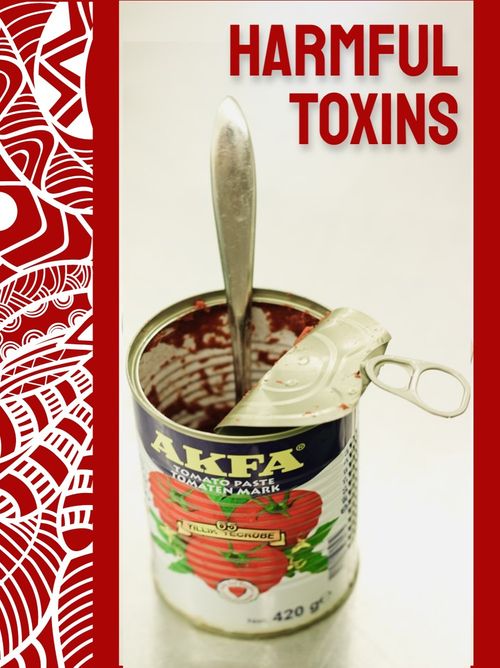Harmful toxins are everywhere. Here's how to avoid them.
Oct 19, 2021 · 2 mins read
0
Share

We all have natural hormones that help the body regulate things like temperature, metabolism, and even our sex drive. But these natural signals can be hacked by around 1,000 synthetic molecules known as “endocrine-disrupting chemicals”, which can cause disease and disability.
Save
Share
There are 50 known obesogens: foreign chemical compounds that can alter our metabolism, appetite, and energy storage, leading to a risk of obesity and diabetes.
Save
Share
Four of the strongest synthetic chemicals are found in agriculture (pesticides), furniture and electronics (flame retardants), personal care products (phthalates), and packaging (bisphenols).
Save
Share
Bisphenol A (BPA), which can be found in aluminum cans and on glossy receipts, is an endocrine disruptor that mimics estrogen. It has been associated with an array of health problems – and has also been detected in about 95% of humans.
Save
Share
Phthalates (found in deodorants, microwavable plastics, and shampoos) change the signal of certain genes, impacting the body’s response to fat and sugar by rewiring how we process calories. Even if you’re following a lean diet perfectly, these chemicals can thwart your efforts.
Save
Share
Exposure to pesticides and flame retardants at a young age, even during pregnancy, can interfere with thyroid hormones and raise the risk of developing conditions like autism or ADHD.
Save
Share
The ability of flame retardants to curb fire has been contested, yet they’re still commonly found in everyday objects (like furniture) despite being been shown to lower the IQ of children.
Save
Share
You can avoid pesticides by buying organic produce. If you can’t, soaking your fruit and veg in water can help slightly. “Exposed” food like strawberries and spinach are more vulnerable to toxins, whereas those with a protective outer layer (like avocado or pineapples) are safe.
Save
Share
Even low doses of toxins can bring about outsized hormonal change in humans, so it’s not as simple as managing your exposure. Unfortunately, regulations have yet to catch up to this fact.
Save
Share
Bottom line: Environmental toxins are an everyday part of our lives. Thankfully, you don’t need to understand chemistry to limit your exposure. Simple strategies include eating organic, avoiding canned foods, and steering clear of plastics with recyclable logos numbered 3,6 or 7.
Save
Share
0